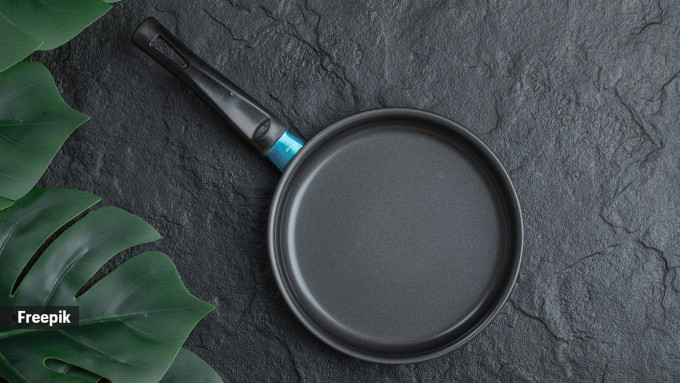New mothers face the risk of shorter breastfeeding durations due to ‘forever chemicals’
Although motherhood is proclaimed to be a fulfilling journey, it can be a very challenging experience for women. What most women do not know however, is that the substance found in their cookware and clothing is making this journey even more difficult for them.
According to a 2024 study by the International Journal of Hygiene and Environmental Health, it was found that women exposed to toxic PFAS or ‘forever chemicals’ face a high risk of being unable to breastfeed early.

The study focused on the negative effects of lactation due to PFAS and found that higher amounts of PFAS in the body of women could cause lactation to slow or stop soon after childbirth. PFAS can even effect the development and function of the mammary gland in animals as shown by studies.
 Non-stick frying pans are made of PFAS. (Source: Freepik)
Non-stick frying pans are made of PFAS. (Source: Freepik)
PFAS (short for per- and polyfluoroalkyl substances) are substances used to make products resistant to heat, water, and oil. They are known as forever chemicals because they are naturally unbreakable chemical substances and the most dangerous thing about them is that they are practically present everywhere- from our clothes to food wrappers and even water.
Exposure to PFAS usually takes place when an individual comes in contact with PFAS-containing goods on their skin, breathes in airborne particles, or if there is consumption of tainted food or water.
How do PFAS affect lactation in new mothers?
“PFAS affect the hormonal functioning—for example, prolactin and oxytocin, necessary hormones in milk production and ejection. PFAS can also impact immune function and indirectly against lactation by affecting general health and stress.” stated Dr M Rajini, consultant gynaecologist at CARE Hospitals, Banjara Hills. Reducing exposure to PFAS, particularly during pregnancy and lactation, might reduce these risks and support healthy lactation.
Do PFAS cause any other health issues?
Prolonged exposure to PFAS is not just harmful for new mothers, but for everyone as it can cause various other health concerns, such as cancer, liver disorders, complications in immune system, thyroid, and issues with development and reproduction.
How can we reduce our exposure to PFAS?
According to Dr Rajini, following these tips can ensure a healthy lifestyle preventing exposure to PFAS:
– Use water filters that remove PFAS, such as activated carbon or reverse osmosis systems, to ensure minimum PFAS contamination.
– Limit your intake of packaged and fast food, which can contain PFAS from packaging materials; instead, opt for fresh and whole foods.
– Use PFAS-free products for cookware, food packaging, clothing, and cosmetics.
– Regularly clean your house to reduce PFAS in household dust by vacuuming with a HEPA-filter vacuum and wet mopping floors.
– Choose personal-care products labeled as PFAS-free.
📣 For more lifestyle news, click here to join our WhatsApp Channel and also follow us on Instagram
Disclaimer: The copyright of this article belongs to the original author. Reposting this article is solely for the purpose of information dissemination and does not constitute any investment advice. If there is any infringement, please contact us immediately. We will make corrections or deletions as necessary. Thank you.

